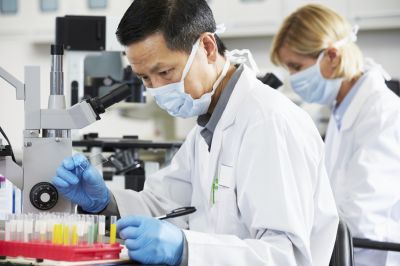
Manipulation of the immune system to tackle diseases requires a deep understanding of its biology. In this context, European researchers studied a newly identified population of immune cells and how it functions within the immune system.

The successful regulation of emotion regulation is vital to mental health and well-being. EU-funded research has advanced knowledge on one factor that may promote successful emotion regulation: the belief that emotion regulation is indeed possible.
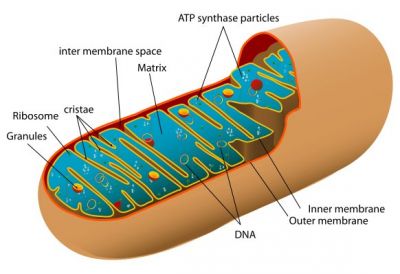
Understanding the molecular aetiology of disease sometimes means having to go deep into the cell's organelles and their constituents. A European study researched mitochondrial DNA to comprehend what goes wrong in various disorders.
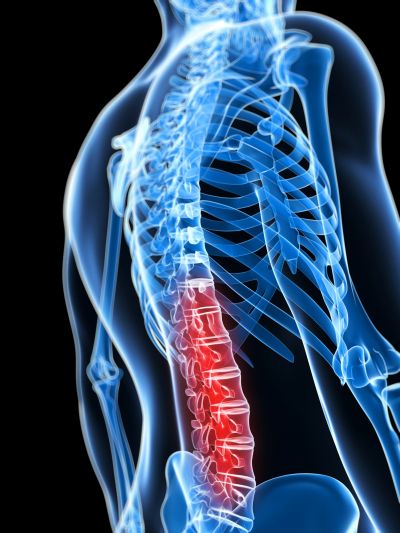
Nearly one third of people show intervertebral disc degeneration to some degree by the time they are 35 and most do by the age of 60. A new biomechanical model of the cushions between the bony vertebrae could lead to new therapies and relief for millions.

Macular and retinal degeneration commonly cause blindness in aged people, posing considerable socioeconomic burden on society. A four-year study focused on understanding the mechanism of healthy retinal homeostasis.
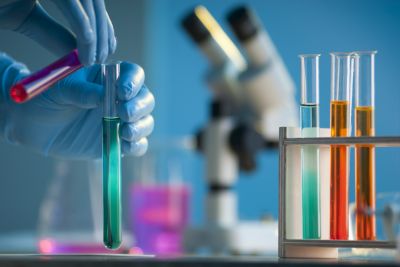
A European consortium set out to dissect the molecular aetiology of Huntington's disease (HD). Their findings should lead to more specific and targeted therapies.
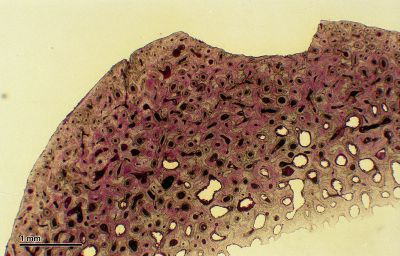
In cases where the body's capacity for bone healing is insufficient, bone grafts have been the most common solution. Thanks to an improved biomimetic scaffold with low doses of growth factors, patients can soon expect better treatment at lower cost.
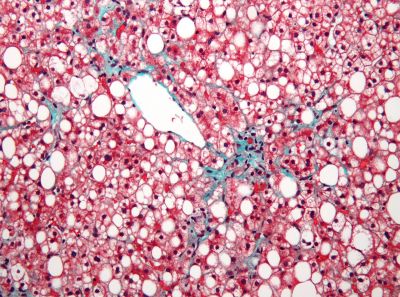
The prevalence of metabolic disorders and their co-morbidities is increasing at an alarming rate. To improve diagnosis and therapy, new biomarkers are urgently needed.
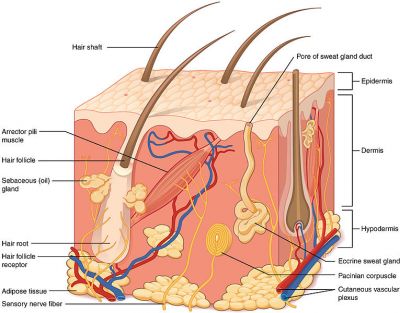
European researchers are working to understand the pathways that govern skin homeostasis and repair. This information is vital for treating skin injuries.
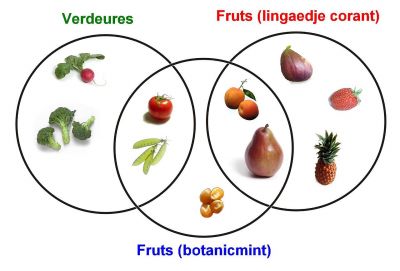
In many instances, herbs are used as medicinal products to treat or alleviate the symptoms of many conditions. A European study discovered that certain fruits have anti-diabetic and anti-hypertensive properties.

Cardiovascular disease is one of the biggest medical challenges today. European scientists developed novel innovative foods based on the legume lupin to join the battle for cardiovascular disease prevention.

A European study is testing a novel drug formulation for the treatment of a debilitating eye infection. It is also raising awareness about the risks of wearing contact lenses and the importance of prompt diagnosis of eye infections.
For the first time ever, the EU is funding a multi-centre clinical trial in Europe to develop evidence-based clinical management guidelines for patients suffering from myotonic dystrophy type 1 (DM1).
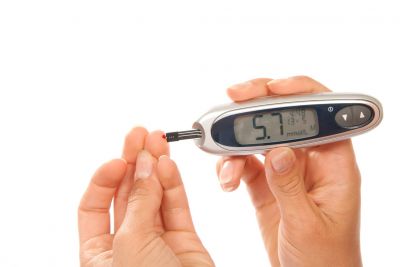
Diabetes is a metabolic disorder of increasing prevalence in modern society. Finding ways to prevent or cure this disease presents a significant medical challenge.
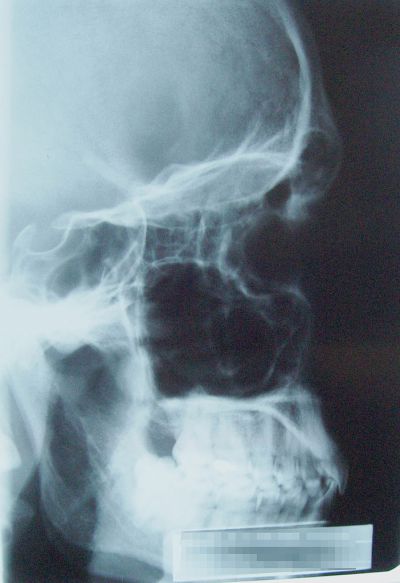
EU-funded researchers investigated the link between fat regulation and obesity-related degenerative and metabolic bone diseases such as osteoarthritis (OA) and osteoporosis (OP). Experiments have provided novel insight.
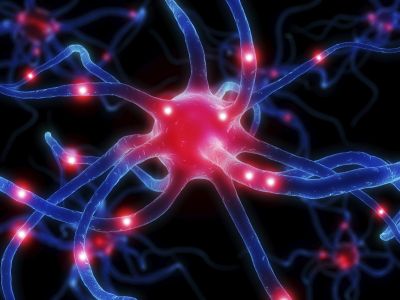
Europe presents an increasing prevalence of psychiatric and neurodegenerative disorders. Insight into the underlying aetiology is of paramount importance to design new therapies.

A study into traditional medicine practices in Madagascar has revealed the ritualistic and symbolic importance of plants thought to have healing properties.

The mouth is teeming with bacteria, most of them harmless. However, EU-funded scientists have shown that they often find their way to the arteries, remaining dormant until some trigger causes them to play a role in heart attack.

Improving long-term outcome and decreasing the adverse effects associated with immunosuppression remains a significant clinical challenge. A European study proposes to tailor the immunosuppressive regimen to individual patient needs using biomarkers.
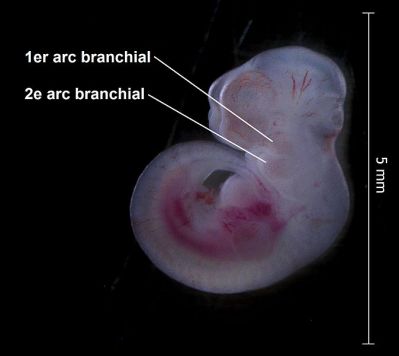
EU-funded researchers investigated genome regulation and protein folding in early mammalian development. Their work provides significant insight into genome function during early embryogenesis.

Europäische Forscher entwickelten neuartige Materialien für das Tissue Engineering (Gewebezüchtung). Da sie so konstruiert wurden, dass sie auf spezifische Stimuli, insbesondere bakterielle Infektionen reagieren, dürfte ihr Einsatzspektrum in der Medizin vielfältig sein.

A species of tropical marine cyanobacteria, Lyngbya majuscula, is the source of nearly 300 natural products. Some of them may help in the treatment of cancer, diabetes, HIV and Alzheimer's disease.

Cardiovascular diseases (CVDs) remain among the leading causes of death and suffering in the world. A European study turned to traditional Chinese medicine (TCM) for solutions.
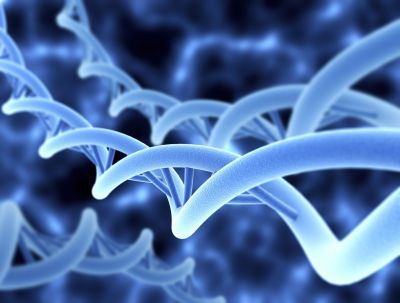
The latest EU research is using magnetic tweezers to investigate unusual DNA structures at the molecular level.

Regulation of gene transcription is critical for development and growth of any organism. EU-funded research has delved into the molecular mechanisms that control the initiation of gene transcription in the developing embryo.























